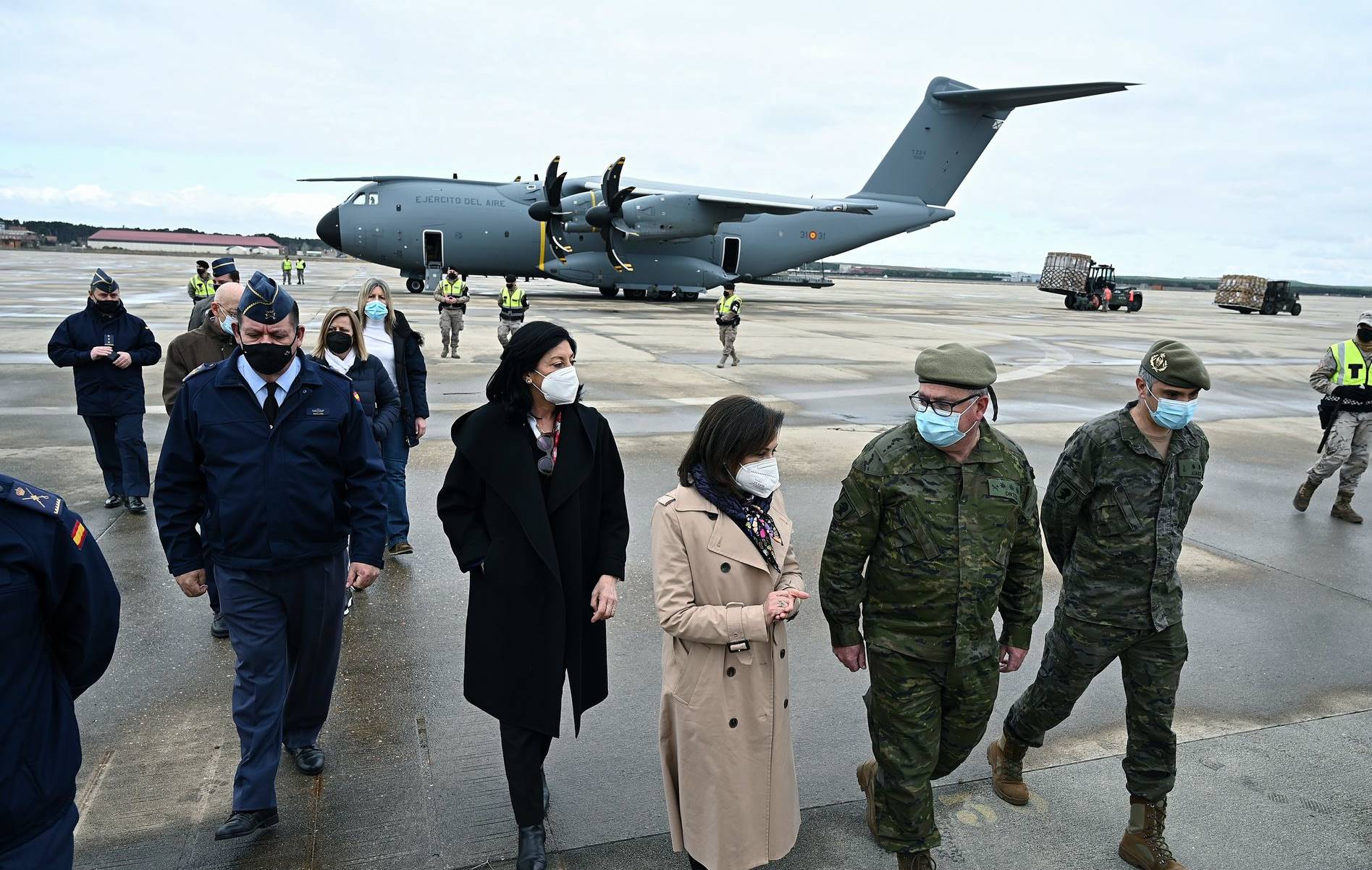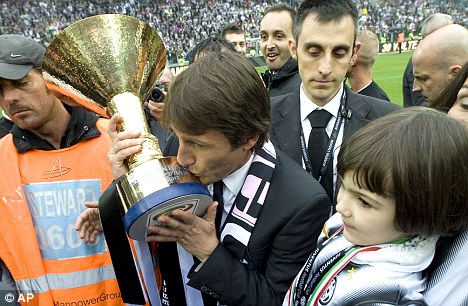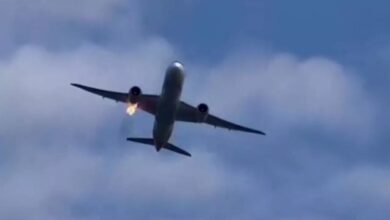Spain sends four planes loaded with weapons for the “Ukrainian resistance”

A400M aircraft will transport dozens of tons of weapons and ammunition from the base of Los Llanos (Albacete) to Poland
Four A400M aircraft of the Spanish Air Force will transport dozens of tons of weapons and ammunition on Friday and Saturday to support Ukraine’s resistance against the Russian invasion. Forty-eight hours after the President of the Government, Pedro Sánchez, announced in Congress the delivery of “offensive military material” to the Government of Kiev, on Friday two planes will leave from the Los Llanos air base (Albacete), to the Two more will follow on Saturday. NATO has requested that the destination of the flights not be revealed for security reasons, since Moscow has announced its intention to bomb the convoys that transport weapons for the Ukrainian Armed Forces. In any case, it is a Polish airport near the Ukrainian border, where the material will be collected by officials from the Kiev Ministry of Defense.
The Spanish Armed Forces have rummaged through their arsenals to hastily compile weapons that are easy to transport, the use of which does not require training that is impossible to provide under these circumstances. The first batch of offensive material donated to Kiev includes 1,370 anti-tank grenade launchers (model C90 manufactured by the Spanish company Instalaza), 700,000 rifle and machine gun cartridges, and light machine guns, Defense Minister Margarita Robles revealed. The C90, for individual use, with a range of 350 meters, is especially useful for small units dedicated to stopping the advance of armored columns. Although the total volume of the shipment is not known, each A400M aircraft can carry 37,000 kilos of cargo, which will be tens of tons of weapons.
The Government decided on Tuesday to deliver offensive material to Ukraine after a debate in which, in addition to the socialist ministers, the second vice president, Yolanda Díaz, and the Minister of Universities, Joan Subirats, supported taking this step, while the Minister of Social Rights and general secretary of Podemos, Ione Belarra, spoke out against it, according to government sources. The same sources stressed, however, that the direction of foreign policy is the responsibility of the president, Pedro Sánchez. By then, more than 20 EU countries (including France, Germany and Italy) had announced the shipment of weapons to Ukraine, which left Spain together with a small minority of countries such as Viktor Orban’s Hungary, one of the few Putin’s friends in Europe, who have even vetoed the transit of weapons to Kiev through his territory.
In theory, this first delivery should be followed by others, although military sources warn that, after the budget cuts of the last decade, the army’s magazines are quite empty, so it would be necessary to resort to purchases from companies. The EU has launched a fund of 500 million euros to finance the purchase of weapons for Kiev (450 million for lethal material and 50 million for defensive material), although it is not yet clear how bilateral deliveries will be coordinated to avoid duplication and shortcomings .
So far, the Spanish Ministry of Defense has donated 20 tons of personal protection equipment to the Ukrainian authorities —5,000 ballistic helmets, bulletproof vests and NBC (Nuclear, Biological and Chemical) suits—, transferred to Poland on Sunday in two flights from the base of Torrejón de Ardoz (Madrid). In addition, Spain has announced that it will increase its troops in Latvia by 40% —from 350 to 500— under the NATO flag.


